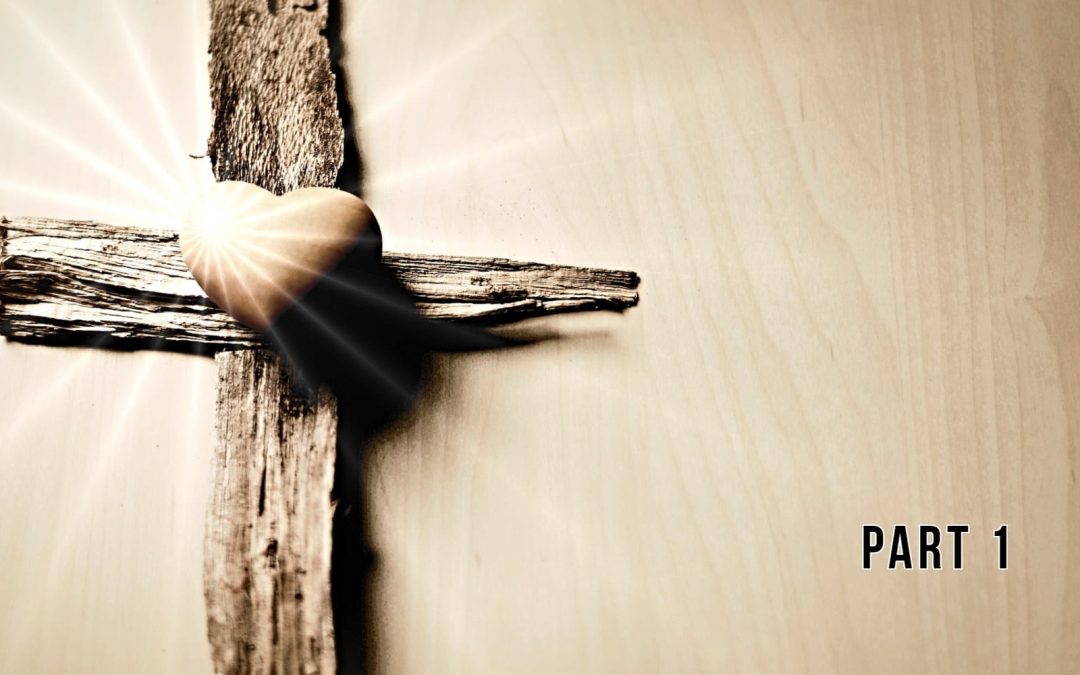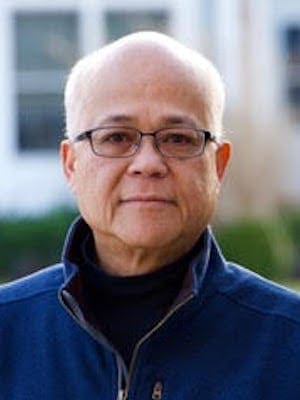The question of the role of the church, and the follower of Jesus, during seasons of great “disconnective” energy has always been an urgent question for the church in every age.
Asking this question is a most necessary requirement for the church’s self-understanding – and for its flourishing – in its journey through history.
And so, in these times of great disconnective energy in our culture and society, we ask again the abiding questions: What do we do? How can we, as followers of Jesus, live prophetically in the current political and cultural climate of our time?
These essential questions behoove us to construct a sound biblical Christian theology of politics.
In my own pastoral journey, I have learned that the scaffoldings of this theology were – and are – formed by both personal experience and the stories of the faith that found profound resonance in my spiritual journey.
Allow me to share four of those stories:
1. I am a fourth-generation Filipino Baptist, having received my Baptist faith from my ancestors who were converted to the Baptist faith by missionaries to the Philippines from the American Baptist Churches-USA.
My maternal grandfather was one of the first graduates of the theological school built by these missionaries.
When World War II broke out and the Japanese Imperial Army invaded and colonized the Philippines, they arrested all Americans that they could find, and many American Baptist (ABC) missionaries were sent to prisoner of war camps.
But 11 missionaries decided to flee up to the foothills of Panay Island, where my grandfather had founded a church. He helped them find a hiding place that they then called Hopevale.
They hid there for almost two years, cared for by the congregation led by my grandfather and other local residents, until they were discovered by a Japanese Imperial Army platoon.
Efforts to convince their captors that they were missionaries and not part of the war proved futile, and the orders to execute stood.
They then asked for a time to pray and to say goodbye to each other. After that precious moment, they went to their executioners, holding hands and singing a hymn, and their leader said, “We are ready.”
2. I was a senior in high school at the Central Philippine University – a school founded by ABC missionaries in 1905 as a vocational school for orphan boys – when Ferdinand Marcos declared martial law in 1972 and ushered a period of repressive dictatorship and one-man rule for almost 20 years.
In 1978, my father was called to be pastor of perhaps the most prominent Protestant church in that country.
Its prominent members included the president of the opposition party in the Philippine senate on the one hand, and the chief of staff of the Philippine Armed Forces of Ferdinand Marcos on the other.
Early on, my father had to come to terms with his pastoral identity. He courageously preached the gospel of Jesus, developed a ministry to the political detainees and organized free legal services for them.
Every Wednesday evening, a diverse group of people from all walks of life came to church to study the Bible and struggle with its meaning in light of the oppressive regime we were all living under during that time.
I would see every Sunday a new face in the pews and invariably a bulge around their waist that obviously was shaped like a firearm. I then knew that my father was being monitored.
My father left the country in 1982 to serve as the associate executive minister at the American Baptist Churches of Metro New York, hearing from a close family friend living in exile in Chicago that he had been scheduled for arrest in Manila.
3. After serving on the pastoral staff at North Shore Baptist Church in Chicago for nine years, I was called to serve at the American Bible Society in New York in 1990.
It was during the years of serving there that I discovered a profound, yet largely unknown, history of our English Bible.
I learned that the English Bible we now cherish and hold in our hands is soaked in the blood of martyrs.
Three names stand out. William Tyndale, John Wycliffe and John Lambert, all Bible translators, gave us the English Bible and suffered persecution, arrest and even death.
4. Dietrich Bonhoeffer, one of Germany’s famous pastors and theologians, was one of the founders of the Confessing Church during Nazi Germany.
Bonhoeffer believed Germany would survive the Nazis but would need to be rebuilt. He also believed Germany would need a new church.
The state church at that time had completely sold its soul to the Third Reich and had become collaborators of Hitler’s regime.
This was the task of the Confessing Church, which Bonhoeffer, along with Karl Barth and Paul Tillich, helped to build.
In danger of arrest by the Nazis, Barth went to Switzerland, Tillich to Chicago and Bonhoeffer went to New York.
Stricken with the burden of responsibility for the Confessing Church, Bonhoeffer returned to Germany where he was eventually arrested and executed.
As they were preparing him for his death, he preached a final sermon to his fellow inmates. He ended that sermon by saying, “For me this is the end, but the beginning of life.”
I share these stories because the practice of our faith does have political implications – in many instances, momentous and transformative ones.
Charles Peguy, the French philosopher and theologian, once said, “All religion begins in mysticism and ends in politics.”
Editor’s note: This is the first of a two-part series. A longer version of this article first appeared on Familiaran’s website. It is used with permission.
Elmo Familiaran is a pastor, writer and practitioner in the mission and purpose of the church in the world. Ordained in the American Baptist Churches, USA, he is a 39-year veteran in pastoral ministry, in ecumenical and cross cultural engagement, and executive leadership in both national and regional denominational settings.


